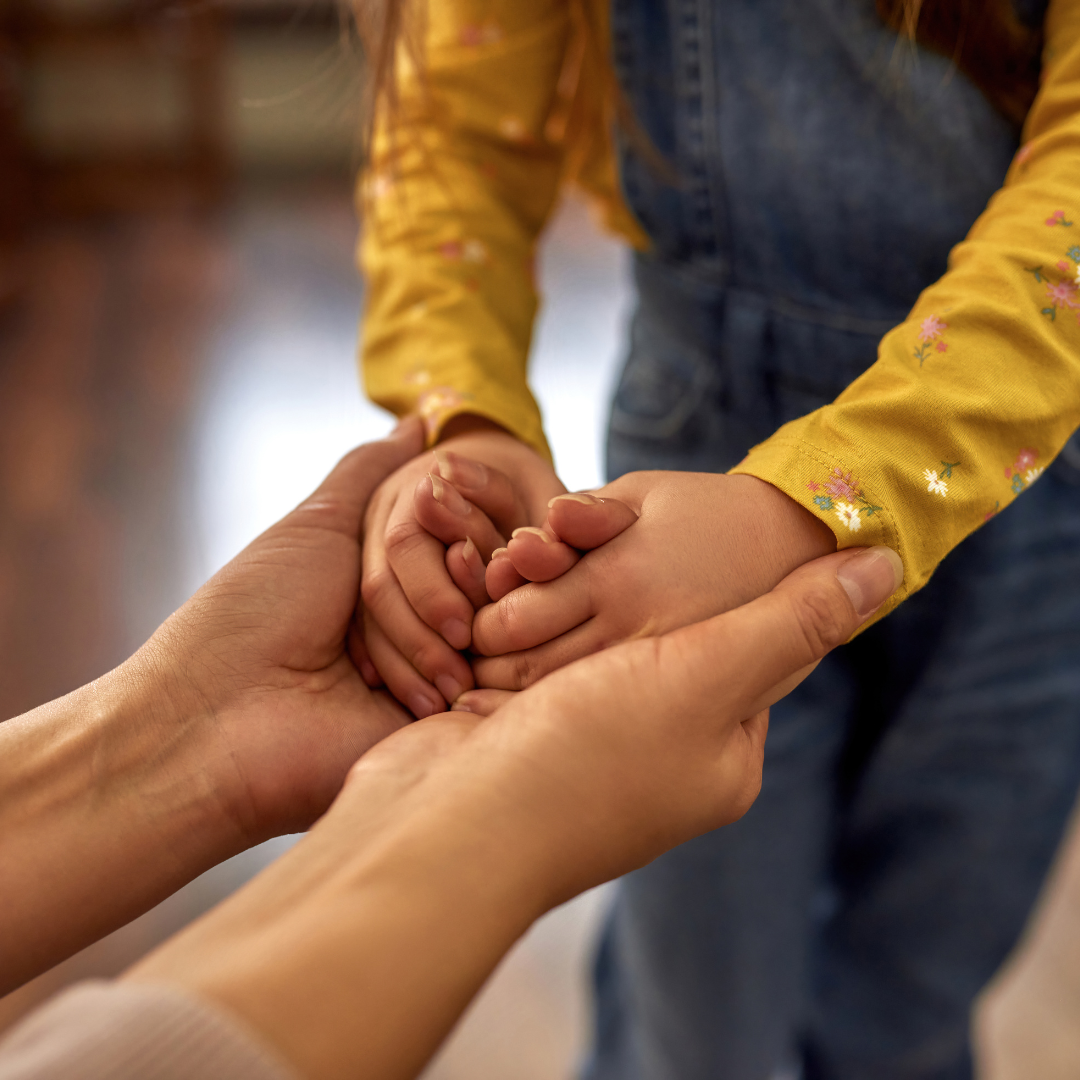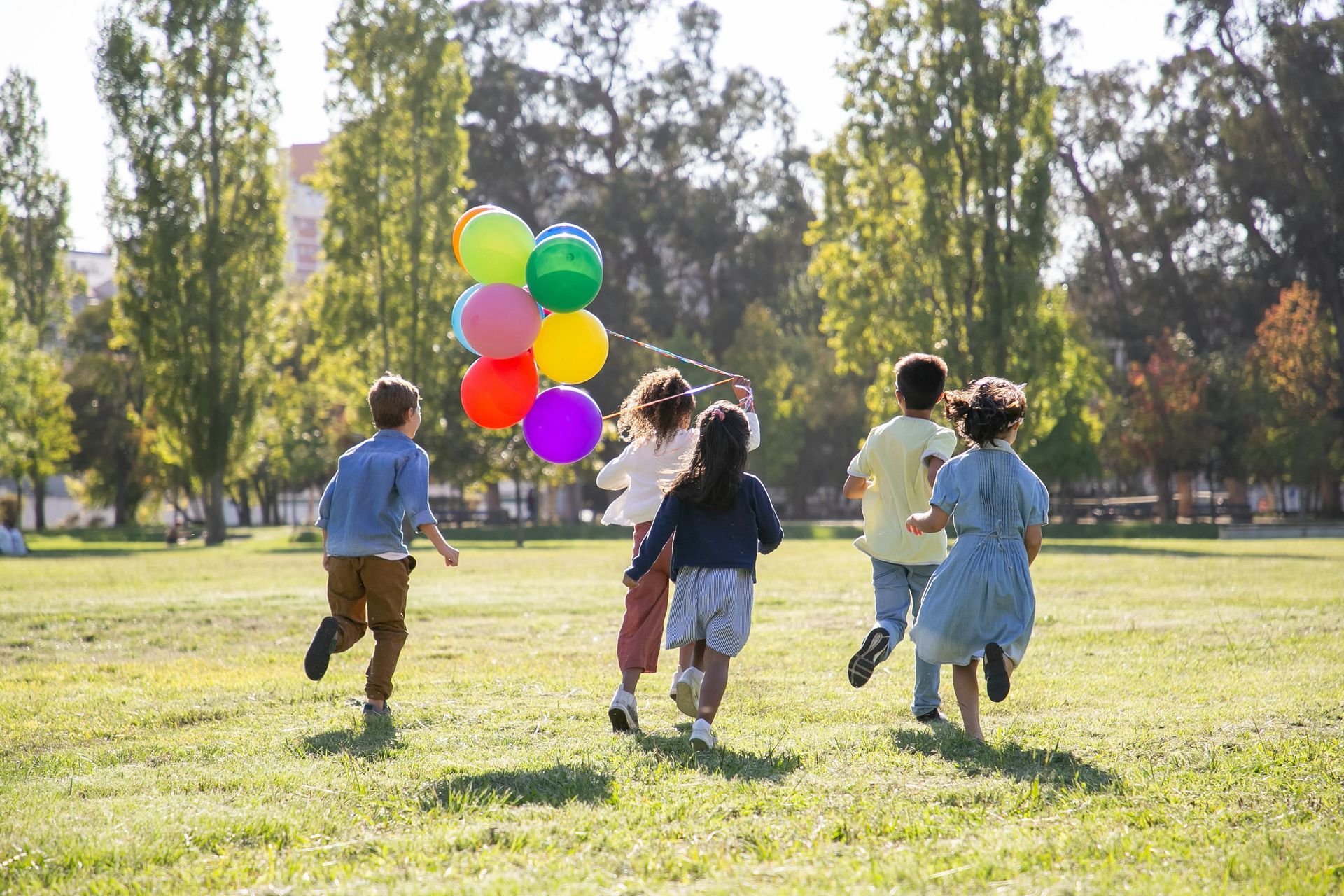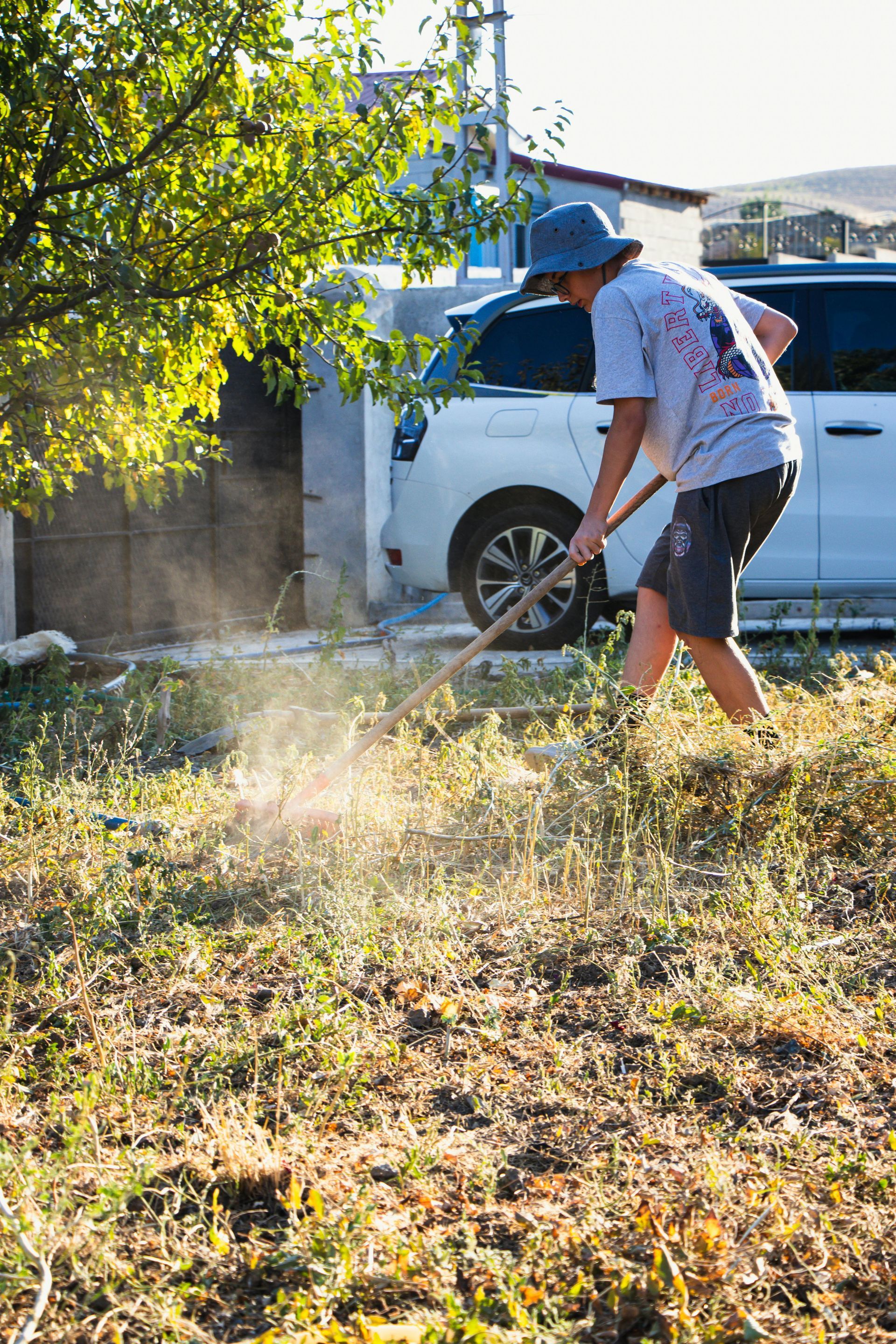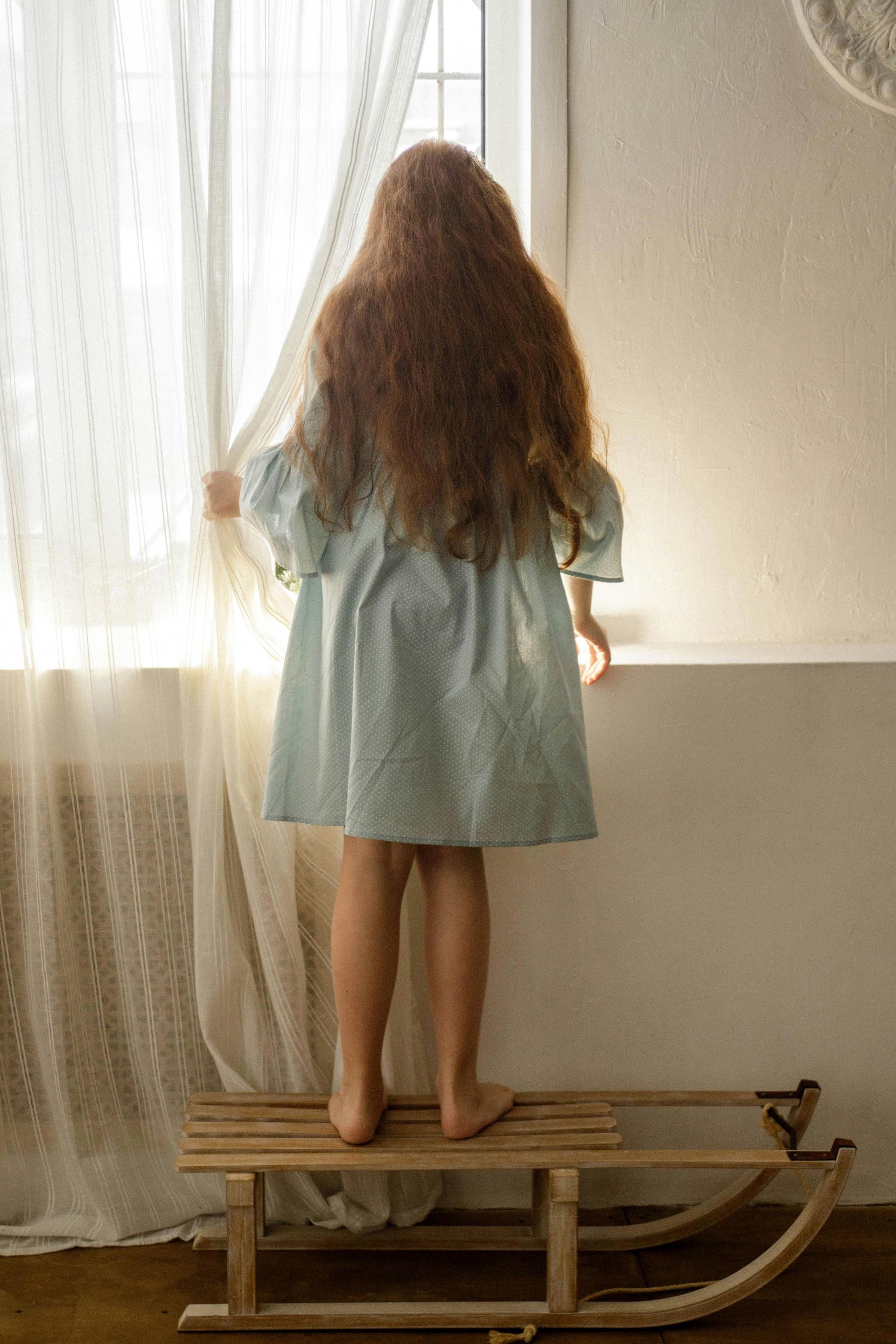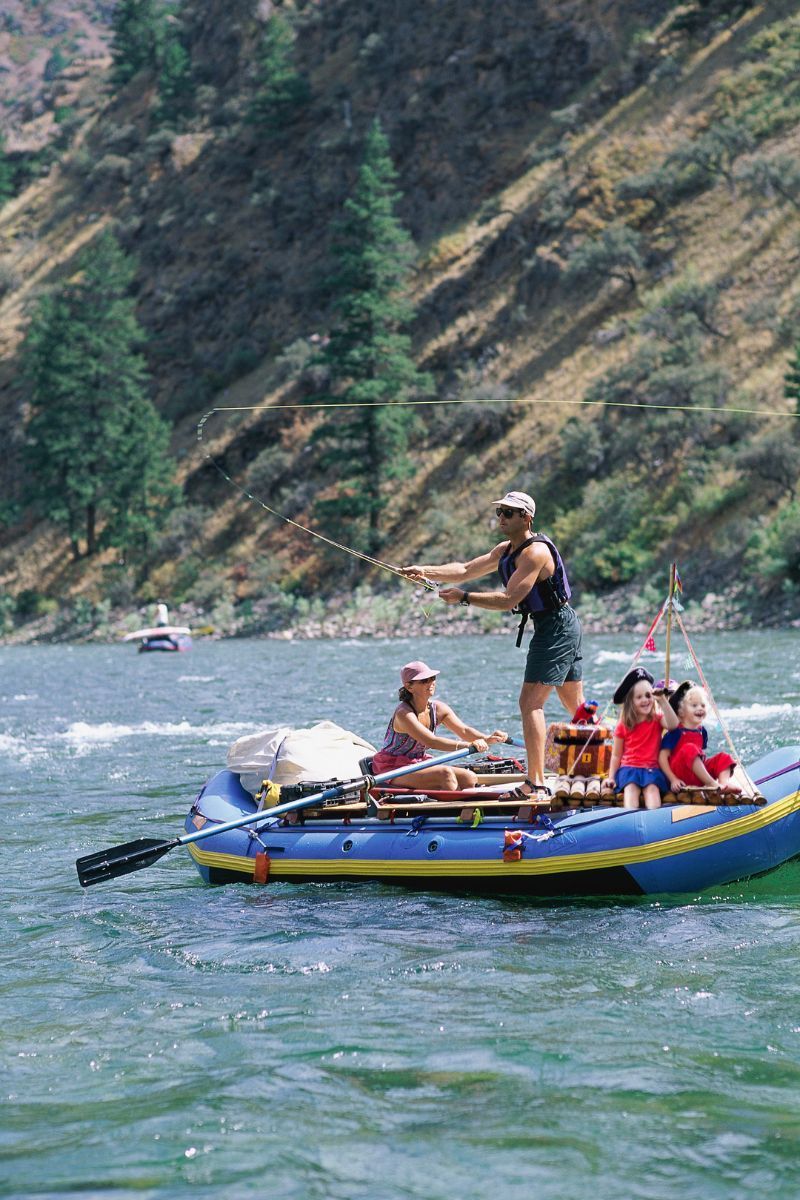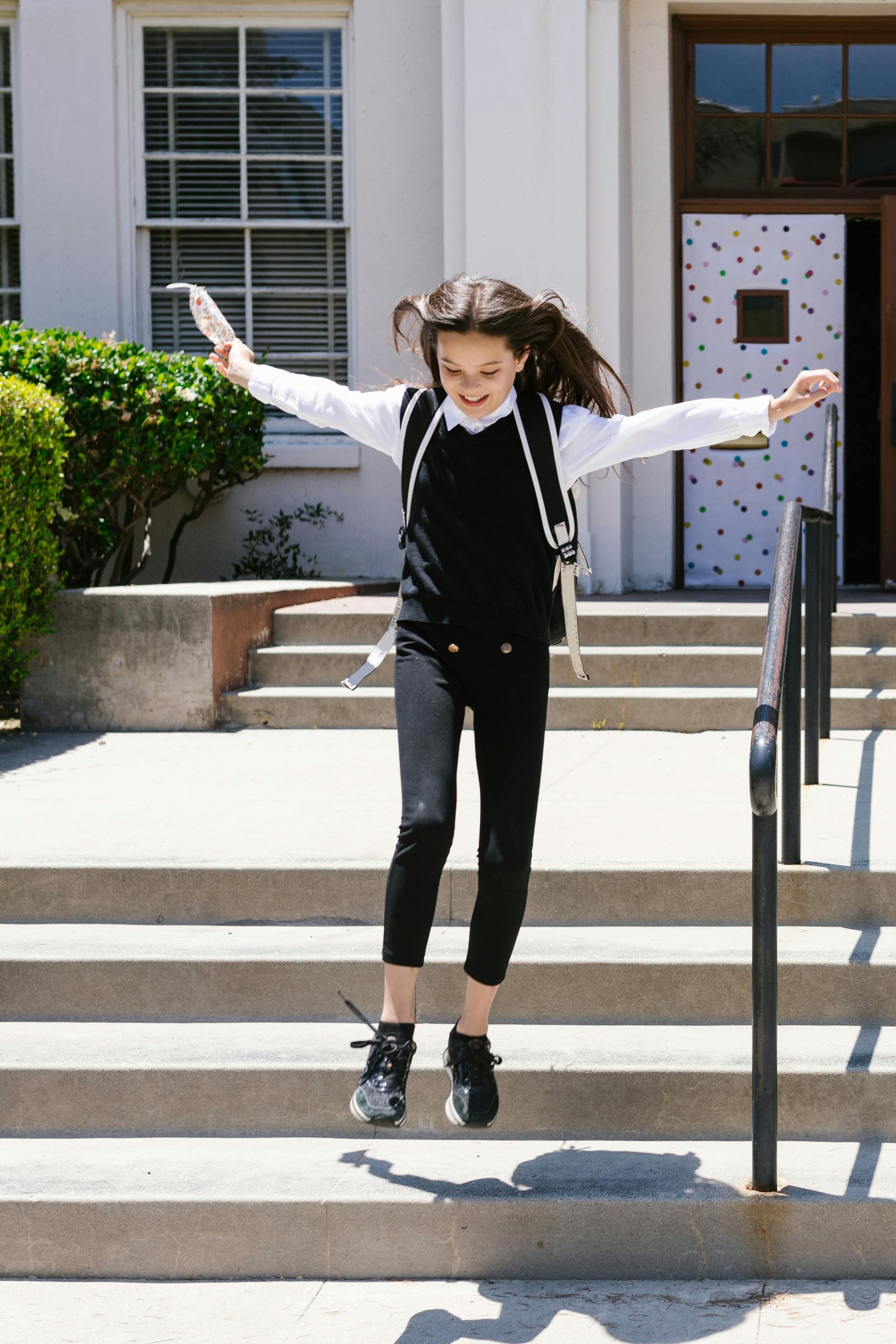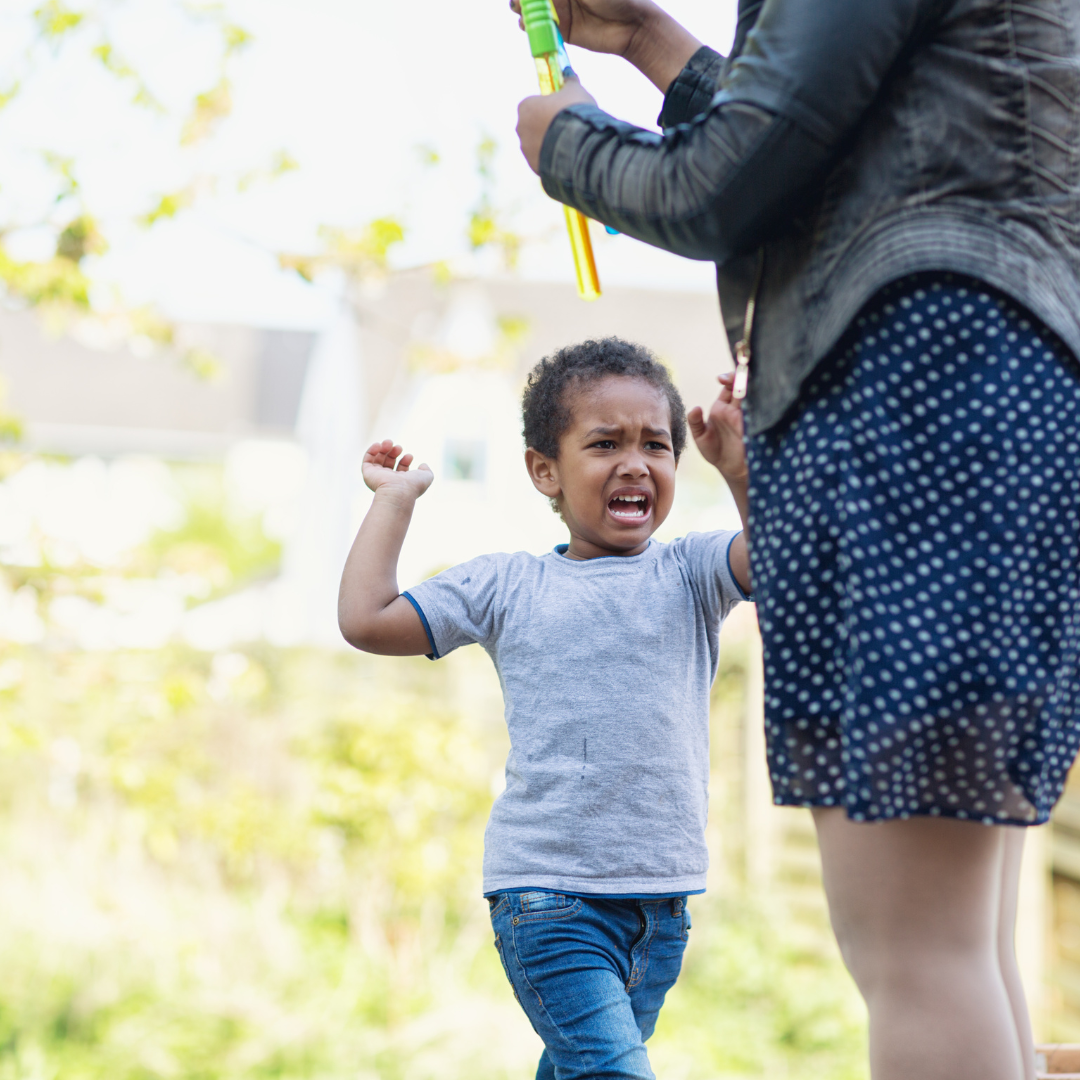Tommy discovered his penis today and won’t stop touching it. Boys are so proud of their penises!
We have caught Suzie looking at pornography three times now. She sure is a curious girl!
Eleanor just sent a naked picture of herself to her little seventh grade boyfriend. I think she is very interested in photography!
There are all sorts of lists online of what “normal sexual development” is at different ages. The problem with those lists is that they aren’t designed to reflect children who have endured complex trauma. I am not only referring to children who have been sexually abused, but also referring to children who have not been abused, but are in some ways emotionally and socially half their chronological age. That means that a twelve-year old girl going through puberty is emotionally six. How many six-year olds do you know that could handle the mess of having a period well? I would say probably not a single one.
What about twelve-year old boys with complex trauma who are emotionally and socially six-years old? I wonder what they do when they start having spontaneous erections during the school day. What might a six-year old do if that happened? Years ago, a little boy came over to our house for a sleepover and told us all sorts of things about his parents. Apparently, his dad sleeps completely naked and owns no underwear, but sometimes borrows underwear from mom. This sounded like oversharing to me, and I encouraged him not to talk about his parent’s underwear anymore while I muffled my own laughter. Six-year olds aren’t known for their discretion. So let’s go back to our twelve-year old with complex trauma. He might just show someone his erection. He might call someone’s attention to how big his penis just got. Either way, he would not show the discretion that would be expected for a child his age and would end up alarming all sorts of children and adults.
Another specifically confusing thing about kids that are going through puberty is that there is socially acceptable potty talk with a group of same-gender friends, but don’t you dare say those things to someone of the opposite gender or to an adult. Other kids seem to understand this. Other adults come near them, and they immediately change the subject. The kids I work with are often the only ones left talking loudly when the adult approaches and hears them. Off to the principal’s office they go, when the reality is they weren’t the only ones engaging in inappropriate conversations; however, they were the only ones that didn’t show discretion in engaging in that conversation.


